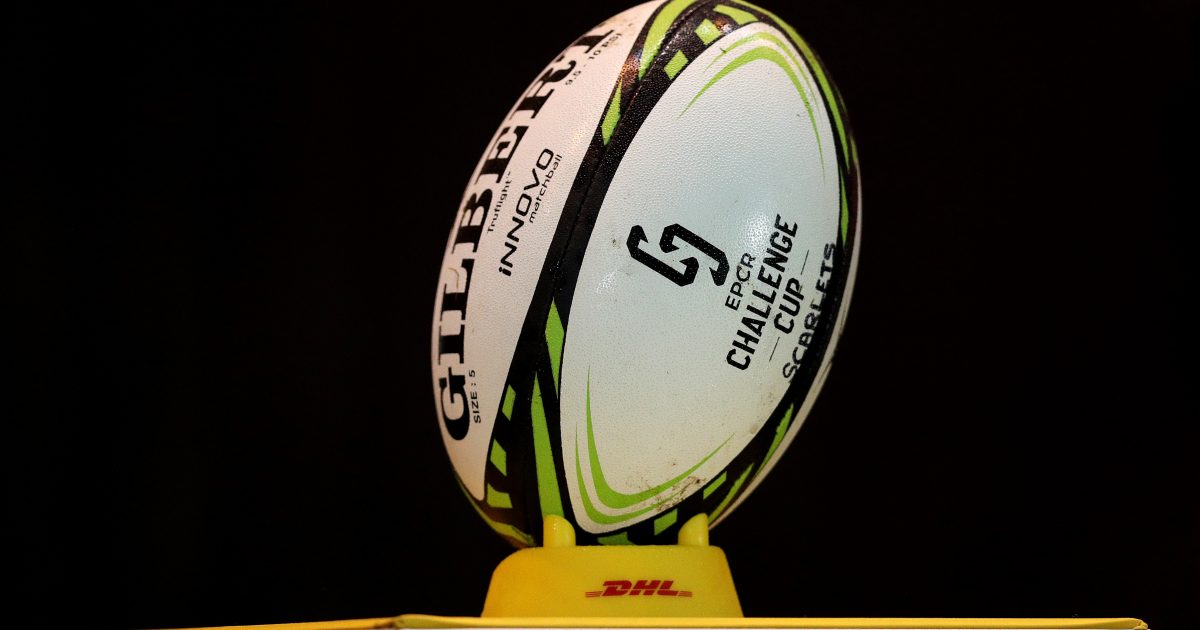Black Lion and Cheetahs back for more in EPCR Challenge Cup

EPCR have announced that Black Lion from Georgia and South Africa’s Toyota Cheetahs will continue their participation as invited clubs in the Challenge Cup for the next two seasons.
The Tbilisi-based Black Lion and the Toyota Cheetahs, who will play their home matches in Amsterdam, have fulfilled EPCR’s participation criteria of having a home venue in Europe, as well as the ability to select competitive matchday squads and to adhere to the required minimum standards for staging a fixture.
Both clubs have already made significant contributions to the EPCR Challenge Cup on the pitch with the Toyota Cheetahs reaching the knockout stage of tournament in both 2022/23 and 2023/24.
Last season, Black Lion made history by becoming the first Georgian club to participate in an EPCR tournament and their impact was immediate with a superb away victory against the Scarlets as well as attracting strong attendances to their home matches in Tbilisi, while the Toyota Cheetahs’ fixture against Section Paloise in Amsterdam generated a sell-out attendance at the NRCA Stadium.
In addition, the recent appointment of the vastly-experienced Richard Cockerill to the dual role of Head Coach of Black Lion and the Georgian national team is certain to make the club an even more competitive proposition in the EPCR Challenge Cup in the future.
EPCR Chairman, Dominic McKay, said: “We are absolutely delighted to invite Black Lion to continue their EPCR Challenge Cup journey for the next two seasons.”
“The inclusion of Black Lion and the continuation of the Toyota Cheetahs’ participation reflect a commitment to widen the scope of our tournaments and to showcase new, exciting talent to fans worldwide. The Toyota Cheetahs have already enhanced the EPCR Challenge Cup with their performance last season, and we are confident that the Georgians’ passion and physicality will further raise the intensity of the tournament.”
Georgian Rugby Union President, Ioseb Tkemaladze, said: “This is a hugely important moment for Georgian rugby and for the country. We’ve all been working hard for this – on the pitch and behind the scenes – for many years. We’re grateful to EPCR for taking a lead and showing the vision that is needed to further the global development and growth of the game. My personal gratitude to Dominic McKay and his amazing team for their hard work?and?support.”
Toyota Cheetahs CEO, Ross van Reenen, said: “We are honoured that the Toyota Cheetahs have been invited to participate in the 2024/25 and 2025/26 seasons of this esteemed competition. We eagerly anticipate returning to Amsterdam as our home base, especially following the success of record attendance and sell-out at the NRCA Stadium. Being part of this prestigious international competition is significant for us, and I sincerely thank the EPCR and SA Rugby for this incredible opportunity.”
Meanwhile, EPCR confirmed they are looking into the possibility of a meritocratic promotion pathway into the Challenge Cup as well as establishing long-term invitations for competitive clubs with ambitious development plans.
The 18 clubs in the 2024/25 EPCR Challenge Cup will once again compete in three pools of six, and the pool draws for next season are scheduled for Tuesday July 2nd in Cardiff.
























